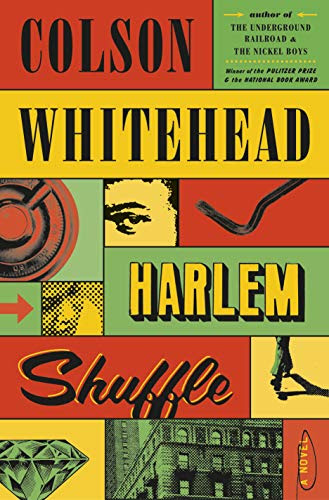 Once upon a time, the story goes, we were hunter-gatherers, living in
a prolonged state of childlike innocence, in tiny bands. These bands
were egalitarian; they could be for the very reason that they were so
small. It was only after the ‘Agricultural Revolution’, and then still
more the rise of cities, that this happy condition came to an end,
ushering in ‘civilization’ and ‘the state’ — which also meant the
appearance of written literature, science and philosophy, but at the
same time, almost everything bad in human life: patriarchy, standing
armies, mass executions and annoying bureaucrats demanding that we
spend much of our lives filling in forms."
Once upon a time, the story goes, we were hunter-gatherers, living in
a prolonged state of childlike innocence, in tiny bands. These bands
were egalitarian; they could be for the very reason that they were so
small. It was only after the ‘Agricultural Revolution’, and then still
more the rise of cities, that this happy condition came to an end,
ushering in ‘civilization’ and ‘the state’ — which also meant the
appearance of written literature, science and philosophy, but at the
same time, almost everything bad in human life: patriarchy, standing
armies, mass executions and annoying bureaucrats demanding that we
spend much of our lives filling in forms."
|
 |
| Amazon |
The subtitle of this huge work is "A New History of Humanity" and as the name implies, Graeber and Wengrow range over the whole planet and tens of thousands of years. In the process they challenge the almost universal assumptions of humanity's social evolution. No one will be able to write another "big history" book without addressing the questions raised here.









